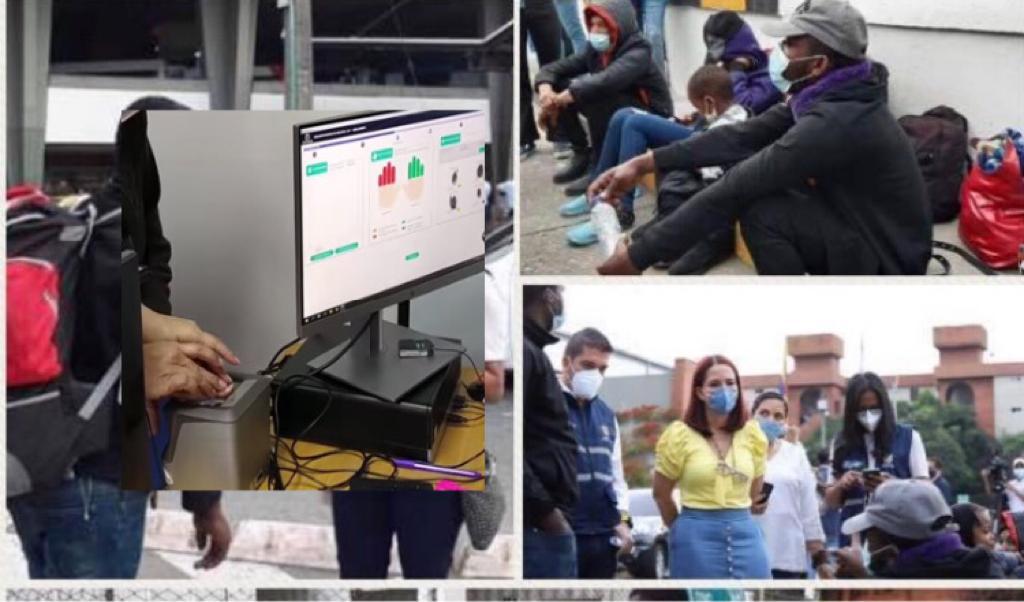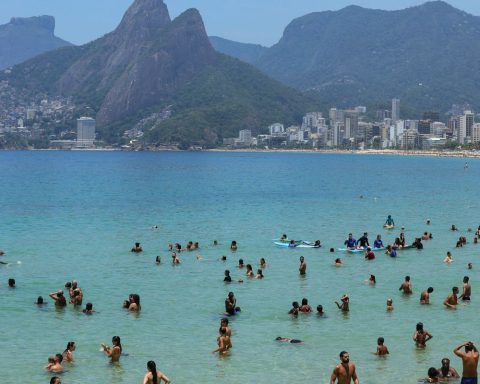
The Ministry of Education (Mineduc) published the new protocol for returning to classes during the month of March for basic and secondary education. It should be remembered that this will be face-to-face.
One of the main measures is that there are no capacity restrictions in the different schools, this is due to the fact that 80% of the students have the complete vaccination schedule.
You might also be interested in:
“The capacity restriction is eliminated in all spaces within educational establishments, promoting distancing in daily activities as far as possible,” the document indicates.
The presence of the students in the different establishments will not be diminished in any phase of the Step-by-Step Plan. In addition, the compulsory attendance and return of the full day is added.
Sanitary measures
The document published by the Mineduc indicates the sanitary measures that must be carried out by all basic and secondary education schools.
1.- Permanent ventilation of classrooms and spaces.
2.- Mandatory use of masks.
3.- Implement hand washing routines with soap or use of alcohol gel.
4.- Eliminate greetings with physical contact.
5.- Recommend parents to be alert to the presence of symptoms daily.
6.- Effective and clear communication to the school community.
7.- Follow the school transportation protocol.
Epidemiological surveillance protocol, outbreak investigation and sanitary measures
The protocol indicates how to act in case there are people with positive cases in Covid-19, this according to what is indicated by the Ministry of Health (Minsal).
The way to act is as follows:
1.- The suspicious case:
A person will be considered suspicious when there is an acute condition with at least one cardinal system (fever, loss of taste) or when they have an acute respiratory infection.
In these cases, a PCR or antigen test should be performed.
2.- Probable Case
Person who presents a computed tomography of the chest (CAT) with images suggestive of Covid-19, despite having a negative PCR or antigens. The affected must maintain isolation for seven days.
3.- Confirmed case
It will be a confirmed case when a positive PCR or antigen test is presented. Given this, all people who are Covid-19 alert will be notified and the affected person in question must maintain a seven-day quarantine.
4. Covid-19 alert
Any person who has been close to a positive for Covid-19 and without a mask in the last seven days will be considered on Alert.
To prevent possible contagion, the person on Alert must avoid crowds and must undergo a PCR or antigen test.
5.- Close contact
People who have been declared by a health authority as a close contact.
6.- Outbreak
An establishment will be considered an outbreak if it presents three or more confirmed or probable cases in a period of 14 days.
To know the complete protocol, you can access the following link.

















